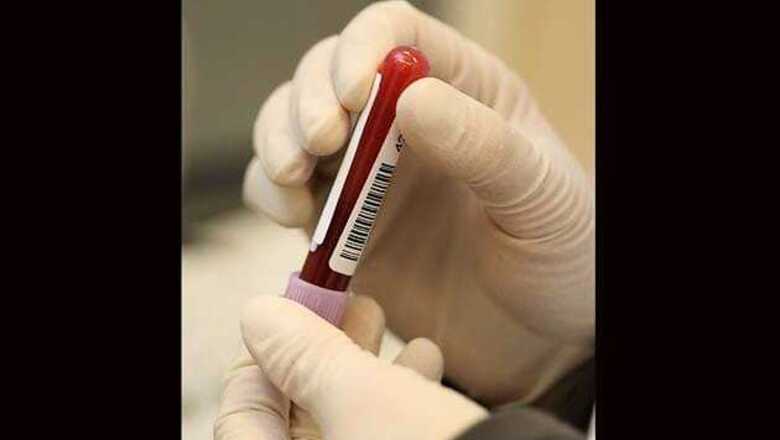
views
A government-supported study of blood transfusion levels in premature infants adheres to the highest ethical and clinical standards, the National Institutes of Health said this week in response to advocacy group Public Citizen, which has called for the study to be stopped.
The Transfusion of Premature (TOP) trial aims to determine the best way to treat anemia in premature babies, most of whom will need blood transfusions during their care.
Public Citizen, in a letter sent on Thursday to US Health and Human Services Secretary Kathleen Sebelius, said the clinical trial exposes the infants to risks without fully informing their parents.
The NIH said it is committed to ensuring that prospective research participants - and the people who speak for and love them - are given clear complete, and accurate information about the risks and benefits of participating in research.
The NIH said in an emailed statement that all consent forms have been reviewed and approved by the Institutional Review Boards (IRB) at the research institutions conducting the study, but the agency did not respond to the specific concerns raised by Public Citizen.
The group said that of 17 IRB-approved consent forms it had obtained, only one mentions the foreseeable risk of death or disability, five say the research poses no risk and 16 equate the risks of the research to the risks of routine medical care.
The trial randomly assigns half of the infants in the study to receive transfusions at a high hemoglobin level and half at a low hemoglobin level. Hemoglobin are the red blood cells that carry oxygen throughout the body.
Public Citizen said the best available evidence suggests a restrictive transfusion strategy is more likely to cause neurological injury or other harm to extremely premature infants, and the trial exposes more than 900 infants to the inferior treatment.
Earlier in 2013, Public Citizen called for an investigation into an NIH-funded study from 2005 to 2009 that was designed to test the effectiveness of different oxygen levels in the treatment of very premature infants. Public Citizen said that study exposed infants to an increased risk of blindness, brain injury and death, without properly disclosing the information to parents.




















Comments
0 comment